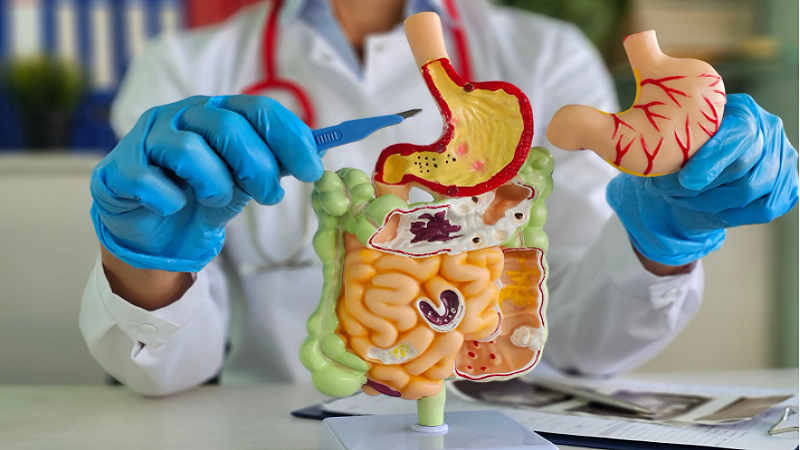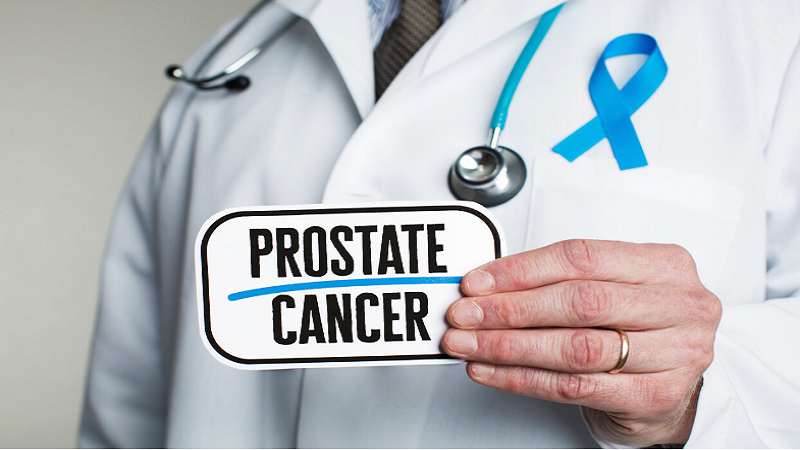A primary care physician (PCP) is the first point of contact for health-related concerns. They are healthcare professionals with training in general medicine, equipped to handle a broad range of health concerns. They may help manage a chronic condition, get treatment for an acute illness, or maintain good health. Here is more information on the services a PCP offers and when it’s appropriate to make an appointment:
What Services Do PCPs Offer?
A primary care physician provides various services that focus on monitoring and improving your health. They see patients of all age groups and are a resource for minor health concerns and ongoing medical needs. Below are some of the services PCPs may offer:
1. Routine Check-ups and Annual Physicals
Regular check-ups help to monitor your overall health and identify possible issues before they develop into more serious complications. During check-ups, the doctor will examine or listen to different body parts like your eyes, ears, throat, heart, and lungs for irregularities. This physical exam as well as a conversation about your health habits allows your physician to assess your health and recommend any necessary lifestyle changes or medical interventions.
2. Vaccines and Immunizations
Vaccinations aim to protect against preventable diseases such as influenza, shingles, and pneumonia. Primary care physicians keep their patients up to date on required immunizations based on their age, health status, and travel plans. Many people see their doctor each year to get a flu shot or before traveling out of the country.
3. Laboratory Tests and Diagnostic Testing
Your PCP can order a variety of laboratory tests, including blood work, cholesterol panels, and glucose screenings. These tests are done to detect and manage conditions such as diabetes or high cholesterol. They may also recommend diagnostic imaging like X-rays or ultrasounds for further evaluation. After confirming a diagnosis, your doctor can give referrals to more specialized care.
4. Managing Chronic Conditions
If you have chronic conditions such as diabetes, hypertension, asthma, or arthritis, your PCP can help create a personalized management plan. This might involve regular check-ins, adjusting medications as needed, and educating you on ways to manage symptoms effectively. You can see your PCP if your symptoms change and talk about how your plan needs to be updated.
5. Minor Illness Treatment
PCPs are trained to diagnose and treat minor health conditions such as colds, the flu, minor infections, or mild skin irritations. Getting early intervention helps prevent minor illnesses from escalating into more severe health problems. The doctor might prescribe antibiotics or suggest getting rest or making lifestyle changes.
When Should You See a Doctor?
Some signs will indicate you need to make a doctor’s appointment, such as signs of illness or low medication count. Here are some scenarios that may warrant a visit to the doctor:
- Preventive Care and Routine Check-Ups: You don’t need to feel unwell to see a PCP. Preventive care appointments help maintain good health, monitor health markers, and mitigate potential risks.
- Early Signs of Illness: If you notice symptoms such as persistent fatigue, unexplained weight loss, or recurrent aches and pains, your PCP can help identify the root cause and recommend suitable treatment options.
- Chronic Condition Monitoring: Individuals managing long-term health conditions need to schedule regular appointments. During the appointments, your PCP can help adjust your treatment plan and provide ongoing education.
- Sudden or Minor Health Issues: Primary care physicians address sudden, non-emergency issues such as a fever, sore throat, earache, or sinus infection.
- Medication Refills or Adjustments: If you’re running low on prescribed medications or feel that the effectiveness has changed, visit your primary care physician for adjustments or refills.
Visit Your Primary Care Physician Today
If you haven’t yet been set up with a PCP, now is the time to find one. Scheduling regular visits with a PCP helps keep your health a priority and allows you to address any medical concerns promptly. Check your insurance and start looking for a qualified doctor today.











